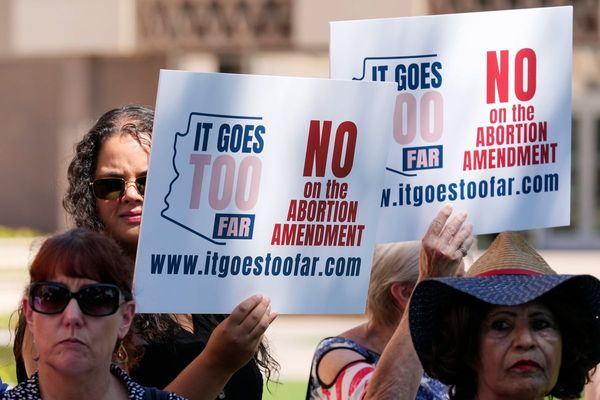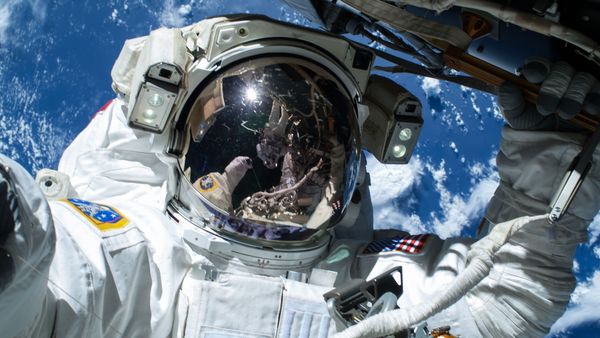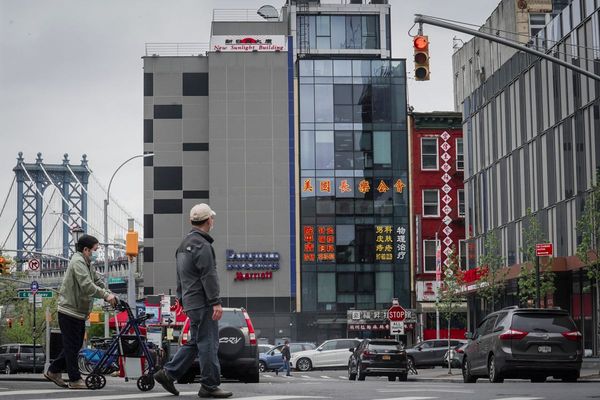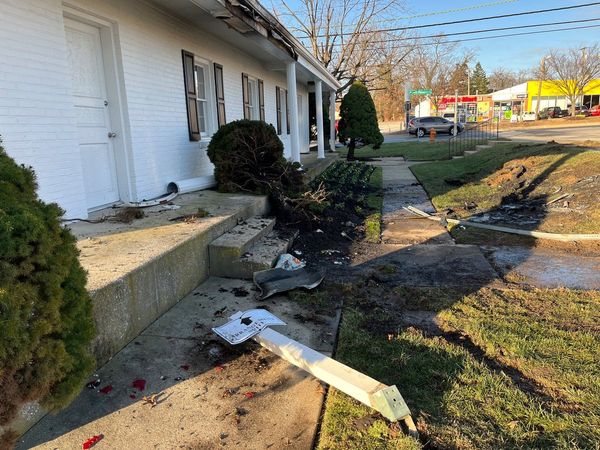Starbucks Corporation (SBUX) shares edged higher Friday after it named Laxman Narasimhan, the former head of brands giant Reckitt (RBGLY) , as CEO of the world's biggest coffee chain.
Narasimhan, who left London-based Reckitt, which makes everything from Durex condoms to Lysol disinfectant to Calgon dishwashing detergent, only yesterday after three years at the helm, will take over from Howard Schultz on October 1, but work with the interim CEO as part of a transition period that will last until next April.
Schultz, who stepped down as CEO in 2008 but served as executive chairman until 2018, returned as group leader in April following the surprise retirement of former CEO Kevin Johnson and vowed to employees to "work with all of you to design our next Starbucks ... where we work together to create a positive impact in the world."
“Laxman is an inspiring leader. His deep, hands-on experience driving strategic transformations at global consumer-facing businesses makes him the ideal choice to accelerate Starbucks growth and capture the opportunities ahead of us," said Starbucks board chair Mellody Hobson. "His understanding of our culture and values, coupled with his expertise as a brand builder, innovation champion, and operational leader will be true differentiators as we position Starbucks for the next 50 years."
Starbucks shares were marked 0.1% higher in pre-market trading to indicate an opening bell price of $85.41 each.
Schultz, once a fledgling candidate for President in the 2020 election, echoed at least the spirit of President Joe Biden's move to restrict corporate share buybacks in one of his first acts up returning as CEO, saying the cash would be "better directed towards "investing more into our people and our stores", adding it is the "only way to create long-term value for all stakeholders."
One of Narasimhan's early tasks, however, will be to repair an increasingly antagonistic relationship with union-supporting employees around the country.
Last month, the Workers United union representing employees at around 200 stores organized walk-outs in Seattle and Kansas City over safety and food standards concerns and urged the National Labor Relations Board to allow union elections.
Starbucks halted union elections in August, however, telling the NLRB that Workers United agents were manipulating votes.







